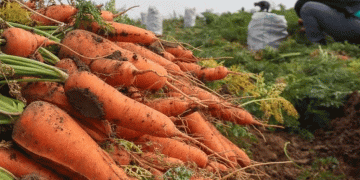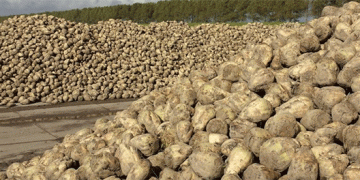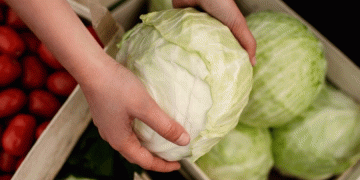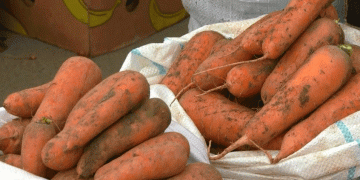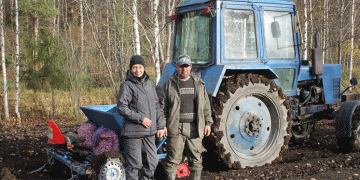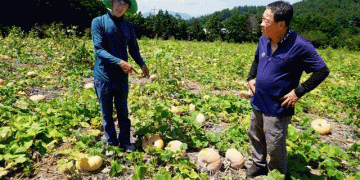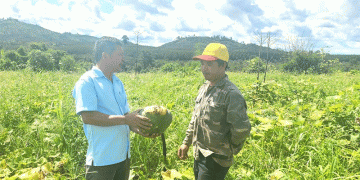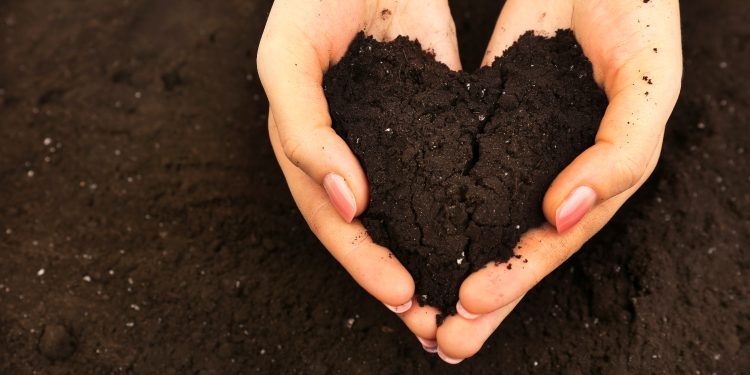#sustainableagriculture #high-efficiencyfarming #artificialsoil #TOWING #carbonreduction #foodproduction #biochar #agriculturalinnovation
TOWING, a startup founded by Nagoya University, is developing a high-performance biochar called “Soratan” to achieve sustainable and high-efficiency agriculture while reducing carbon emissions and chemical fertilizers. By utilizing their unique smart artificial soil development technology, the company aims to improve soil quality and achieve effects such as CO2 reduction and increased yields. This article explores the background, development, and potential consequences of TOWING’s innovative food production system.
In recent years, agriculture has faced significant challenges in transitioning away from production methods dependent on chemical fertilizers and reducing greenhouse gas emissions. The depletion of resources and rising costs associated with chemical fertilizers have become crucial concerns for farmers, along with the issue of greenhouse gas emissions. Agriculture and forestry account for about a quarter of global greenhouse gas emissions, as stated in the “Green Food System Strategy” formulated by the United Nations. It emphasizes the reduction of fossil fuel and chemical fertilizer use as part of decarbonization efforts.
However, switching from chemical to organic fertilizers is not a simple task for farmers. Some face a significant reduction in yields when transitioning from chemical to organic fertilizers, and it takes approximately five years to rebuild the soil to achieve equivalent yields. “Farmers who want to switch to sustainable methods often hesitate to do so because the decrease in yields is a challenge,” says Kohei Nishida, CEO of TOWING. The Soratan biochar developed by TOWING presents a promising solution to this problem.
Soratan is a high-performance biochar derived from underutilized biomass sources such as rice husks and livestock manure. TOWING adds a specially selected soil microbial community to the biochar, cultivating microorganisms suitable for organic fertilizers using a fermentation technique inspired by sake production. This technique activates two types of bacteria, nitrifying bacteria and ammonifying bacteria, enhancing the decomposition efficiency of organic fertilizers. The design of these microorganisms is a challenging task, but it is a core technology originally developed by the National Agriculture and Food Research Organization. Nishida encountered this technology while studying at Nagoya University and is now implementing it in society through TOWING.
The key advantage of Soratan is its ability to promote sustainable agriculture while updating local farming practices. It can shorten the soil rebuilding period required for organic fertilizers from about five years to approximately one month, thereby supporting increased yields. Although the results are currently at the experimental stage, some cases have shown yield increases of around 20% to 70%. From a decarbonization perspective, Soratan offers the potential for carbon fixation and absorption, with an estimated carbon fixation amount of 1 to 4 tons per 10 ares (1,000 square meters) in terms of CO2 equivalents.
One significant benefit of using Soratan is that it can be introduced into existing agricultural processes with minimal changes since it serves as a substitute for compost and soil improvement materials. Moreover, the unique aspect of using “local underutilized biomass” as the raw material for biochar is noteworthy. Previously, rice farmers and livestock producers had to dispose of biomass such as rice husks and animal manure at a cost if they could not sell them as compost. Transforming such underutilized biomass into valuable resources offers substantial benefits to businesses.
TOWING envisions creating multiple cash points along the entire supply chain as part of its business model. The company plans to collaborate with biomass disposal companies and farmers, establish plants in various regions for Soratan production, and sell Soratan to farmers.
















